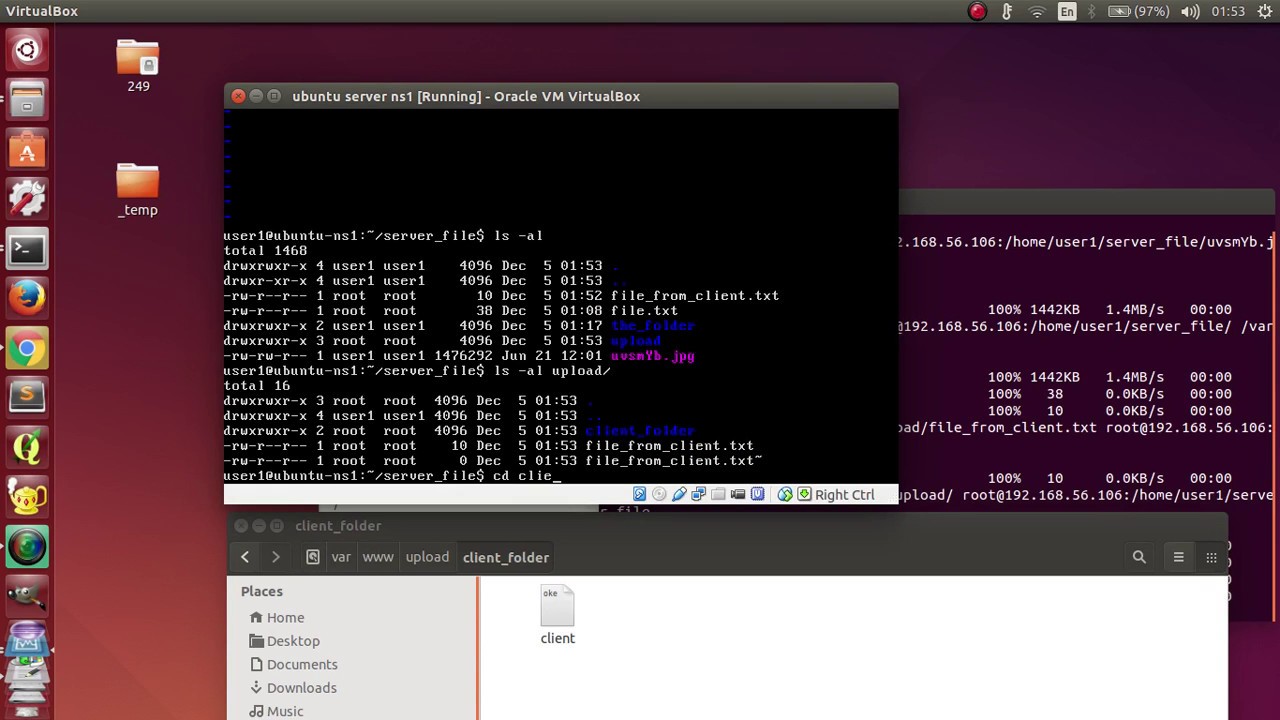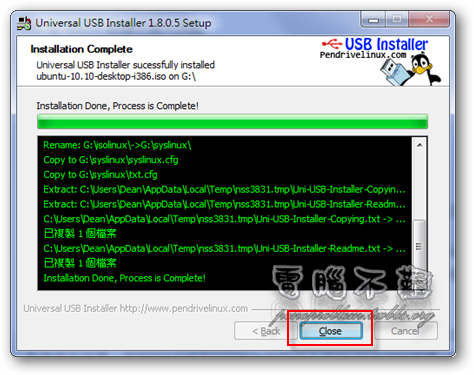

- HOW TO NETBOOT UBUNTU USB HOW TO
- HOW TO NETBOOT UBUNTU USB INSTALL
- HOW TO NETBOOT UBUNTU USB UPGRADE
- HOW TO NETBOOT UBUNTU USB SOFTWARE
While the minimal iso image is handy, it isn't useful for installing on UEFI-based systems that you want to run in UEFI mode. If you selected nothing, upon reboot you will arrive at a cli prompt from here you can fully customize your new system. You may also select nothing and just continue to finish the installation. You can also select "Manual package selection" which will take you to aptitude.
HOW TO NETBOOT UBUNTU USB SOFTWARE
On the software selection screen, you can select from a number of collections of software such as different desktop environments (kde, xfce, etc), a multitude of different servers, multimedia creation tools, media center (mythbuntu), etc.

You can then follow the instructions from the text-based installer. To install, boot your computer from the the mini iso and select "Install" at the prompt. To use the mini iso image download mini.iso from one of the following links and burn it to a CD or USB drive.įor help with CD burning, see BurningIsoHowtoįor help with USB drive burning, see Installation/FromUSBStickįor differences between Ubuntu release versions, please see Releases. The mini iso uses a text-based installer, making the image as compact as possible.
HOW TO NETBOOT UBUNTU USB UPGRADE
The download time savings achieved by using a mini iso can be significant, as only current packages are downloaded, so there is no need to upgrade packages immediately after installation.

HOW TO NETBOOT UBUNTU USB INSTALL
Downloading packages at install time reduces the size of the iso image to approximately ~40MB depending on architecture (see below), as well as providing only the packages needed for installation. The minimal iso image will download packages from online archives at installation time instead of providing them on the install media itself. To learn how you can create a persistent Ubuntu USB, read our tutorial. So while you can run a Live ubuntu session using these disks, any changes you make or files you stored will be removed once you shut down. Keep in mind neither of these methods supports data persistence.
HOW TO NETBOOT UBUNTU USB HOW TO
Writing the disk image can take a while depending on your USB drive and your hardware.Įditor’s pick: How to Enable Flatpak Support in UbuntuĬreate bootable Ubuntu USB drive using GNOME Disks When you’re ready, click on Make Startup Disk and confirm when the dialog box appears warning you that the drive will be wiped clean.Insert the USB drive if you haven’t already.

In case it does not detect the ISO file, or you have it placed somewhere else, click on the Other… button. It also scans for any USB drives that you may have attached to your PC.


 0 kommentar(er)
0 kommentar(er)
